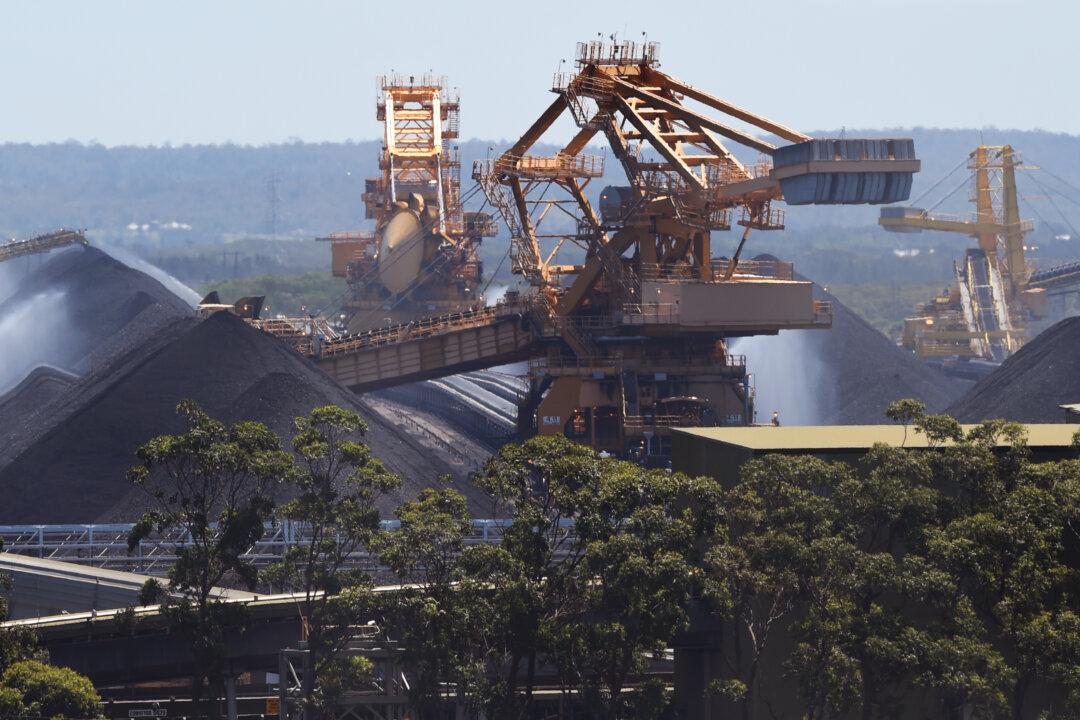Fifteen Australian politicians, including the deputy prime minister, have called for action from the federal government on the Port of Newcastle (PON), which is partially leased to China Merchants, a Chinese state-owned enterprise.
In a letter to Prime Minister Scott Morrison and Treasurer Josh Frydenberg seen by The Australian, Senator Eric Abetz of Tasmania expressed concern that the Chinese Communist Party (CCP) will be given a geopolitical advantage by proposed changes to the National Access Regime (NAR). The NAR governs the operation and investment into critical infrastructure around Australia.




